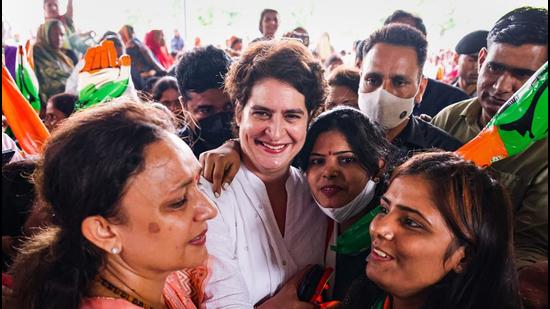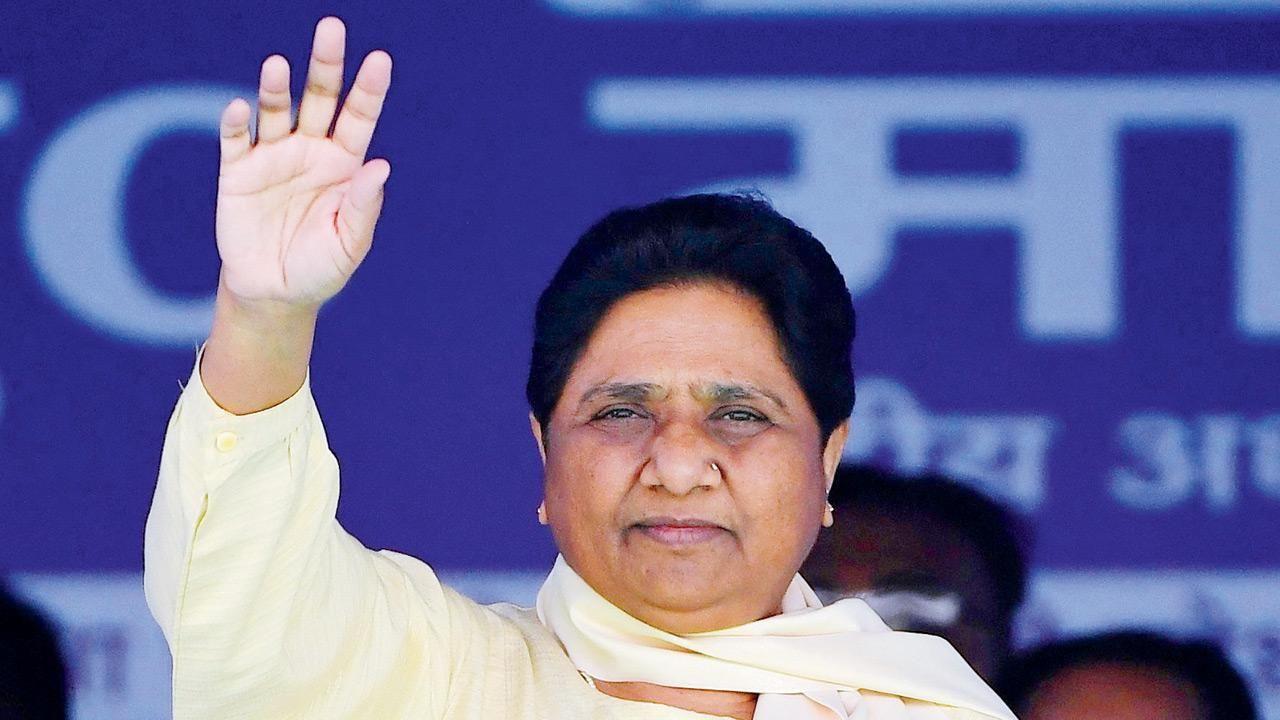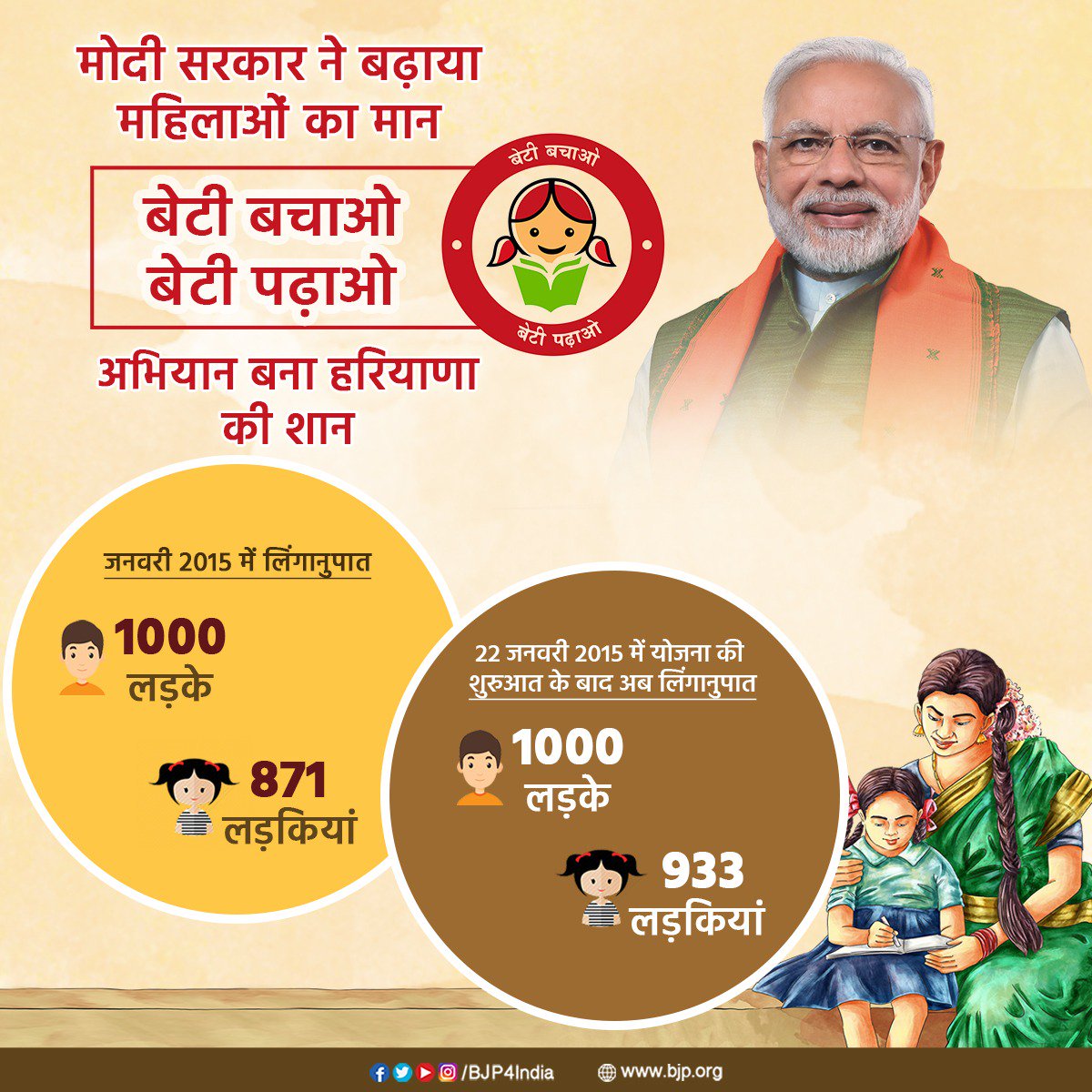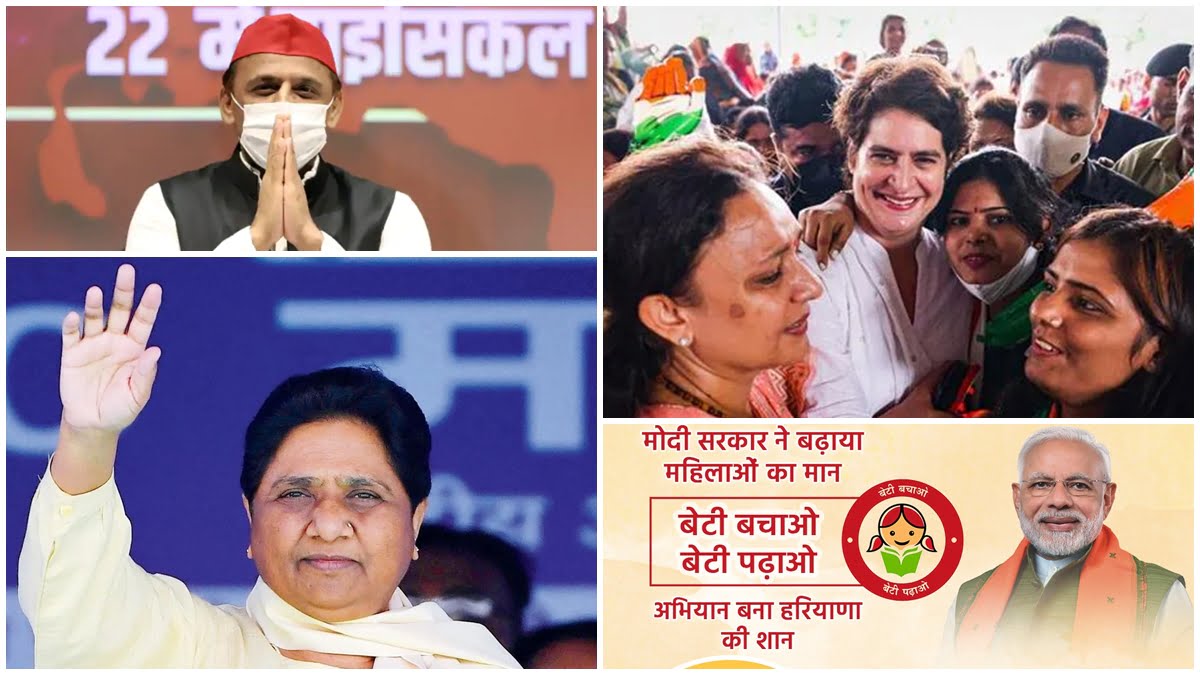The ‘gender’ aspect in elections is often relegated to how women are seen as the passive recipients of the benevolence of the political party. Women would be made unrealistic promises of free commodities, guarding their honor, and complicated schemes. Hidden under the cloak of the rallies dedicated to honoring women and dizzying jargon of words are the patriarchal notions that all women need is a laptop, a bicycle, some pink-painted police booths and guardianship. Political parties have refused to consider offering women a seat at the table and ensuring they take charge of what their political aspirations and goals are. The promises for women have more often than not been articulated by patriarchs who think they know and therefore, could speak on behalf of women.
Women In UP Elections
The UP Elections of 2022 are, however, changing the tone. With Priyanka Gandhi releasing a Women’s Manifesto and promising 40 percent seat tickets to women among other things, the political conversations seem to have actively changed direction towards the narratives of women. After the announcement of Congress’s Women manifesto, other prominent political parties delayed the release of manifestos. This could be seen as how other political parties are rethinking and deliberating over their approach.

Women in UP have outvoted men in 2012, and the trend continued in the elections of 2017 and 2019. They are being recognised as a force to reckon with and have demanded political space for them. Though the history of women voters shows that they don’t vote as a homogenous group, it has been proven that they have played an instrumental role in overturning the governments. But are a few promises of financial assistance, free commodities, female political candidates enough for the women to vote, or is it just a ploy to pink-wash the elections this time?
Though the history of women voters shows that they don’t vote as a homogenous group, it has been proven that they have played an instrumental role in overturning the governments. But are a few promises of financial assistance, free commodities, female political candidates enough for the women to vote, or is it just a ploy to pink-wash the elections this time?
Also read: How NITI Aayog Poverty Index Holds The Mirror To BJP’s Development Claims In The UP
Manifestos, Promises And Beyond
Bahujan Samajwadi Party (BSP) led by Mayawati has announced that they don’t believe in manifestos and that they would be fighting this election based on the development works they have done when they were in power. A party led by a woman has so far failed to make any promise for women. Instead, it has re-emphasised on its development projects, such as building an airport, setting up colleges, inaugurating schemes, fighting the caste prejudice, and building memorials and parks. While all of this makes for important milestones, one would hope for BSP to also appeal to women across class and caste communities.

Akhilesh Yadav-led Samajwadi Party (SP) says it is still working on a manifesto. They are hoping to invoke the voters’ memory of their past projects and claim that they must be read as testaments of their regime. The SP has however been advertising to the women voters. Akhilesh Yadav has promised INR 18,000 as pension to BPL families and women belonging to marginalised communities. They have been on public platforms reminding the people of the laptops and bicycles they distributed. They are promising to continue the ambulance and police services they had launched especially for women. They have invoked the “Kanya Vidya Dhan” scheme which provided financial assistance to women.

Rashtriya Lok Dal (RLD) has promised women 50 percent reservations in state jobs and free sanitary pads in all government schools. Parties have also invoked the ideology of their founders to promise women that they have been a part of the inception of these parties. While major state parties have declared their intentions, the national parties contesting have been at loggerheads regarding their treatment of women both symbolically and politically.
The ruling Bhartiya Janta Party (BJP) has had organized massive rallies in an attempt to honour the women who have worked at the grassroots. They are yet to announce their manifesto but the promises they have made have shown the importance of women. For the first time, the BJP has appointed women “vistaarak” (expansionists). They have appointed 60,000 women to live in the constituencies until the elections get over and preach the party’s goodwill and schemes to women.
They have projected every vistaarak to target at least 100 women. They would advertise the Ujjwala Yojana, Garib Kalyan Yojana, Jan Dhan Yojana, and the toilets constructed by the party. BJP has also given a slogan, “Aatmanirbhar Naari Hamara Sankalp, Ujjwal Bhavishya Yahi Vikalp” (Our resolution is self-dependent women, this is the only option). While the campaign is built behind the smokescreen of equality, the leaders have continued making misogynist statements and protecting rapists.
Priyanka Gandhi led Congress Party was the first to release its women manifesto. The promises made this time seems to have gone beyond the token representation. She has promised 40 percent tickets to women leaders and has stood true in the declaration of the first round of names. The manifesto also makes claims of the usual free commodities like smartphones for girls who have cleared senior secondary, electric scooters for graduating women, and three free cylinders for every woman of a household. Along with the materialistic promises, she has promised representation of women in public spaces.
She promises to reserve jobs for women and hold accountable the police personnel who do not file an FIR for crimes against women. She has invoked the “Political Shakti” of women and claims to end the casteist and communal politics that UP is known for. Gandhi has extended her promises to aid women financially. She promises tax exemption to businesses that increase the labor gender ratio and hire more than 50 percent women. She has declared an increase in the honorarium of Anganwadi and ASHA workers and pay them INR 10,000 per month. She has also announced a 40 percent reservation in the MGNREGA for women. She promises to set up special empowered commissions to deal with the cases of harassment. Also, all public transportation is promised to be free for women to increase their presence in public space.
Also read: Yogi Adityanath’s UP Population Control Bill 2021: The Communal, Caste & Gender Implications
The fact that women have demanded a political space are sure to change the conversations around gender equity and representation. The elections are but a bouquet of tall promises and hollow schemes, but the realization that women are voters and their vote counts is definitely a start. Equality is still a far cry and politicians are vainly decorating their campaign with pink, but the beginning of a conversation around gender is a feminist milestone that definitely looks hopeful.
Hope For Women?
The BJP’s “Beti Bachao, Beti Padhao” (Save girl child, teach girl child) to Congress’s “Ladki hu, Lad Sakti Hun” (I am a girl, I can fight) have all been popular slogans we have been subjected to. While the prior slogan calls for protection, the latter announces empowerment. The former is reflective of the BJP’s saviour complex and need to project guardianship of women and the the latter boasts of self-dependence. The language in UP elections has shifted and the conversations have followed suit. While every other election treats women as a non-important demographic, the UP elections have taught that an entire campaign could be designed around women.

The fact that women have demanded a political space are sure to change the conversations around gender equity and representation. The elections are but a bouquet of tall promises and hollow schemes, but the realization that women are voters and their vote counts is definitely a start. Equality is still a far cry and politicians are vainly decorating their campaign with pink, but the beginning of a conversation around gender is a feminist milestone that definitely looks hopeful.
About the author(s)
Dr. Guni Vats is an Assistant Professor at the Department of English, Manav Rachna International Institute of Research and Studies. A PhD in Gender Studies, she is a renowned researcher, writer, and scholar.





